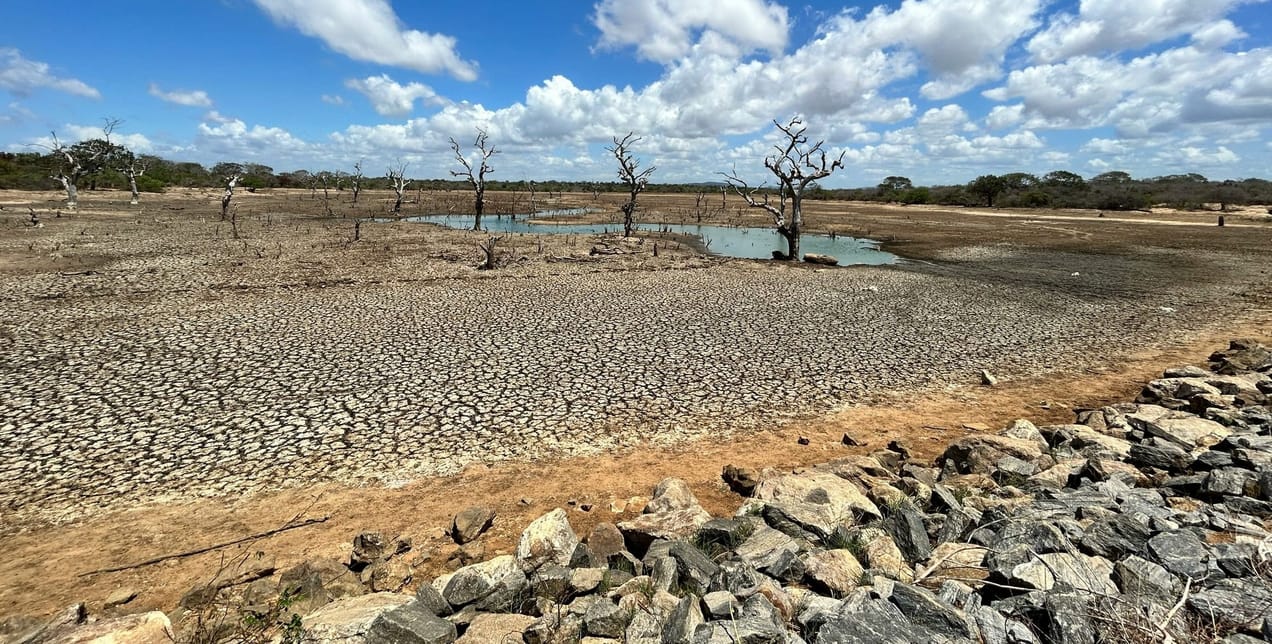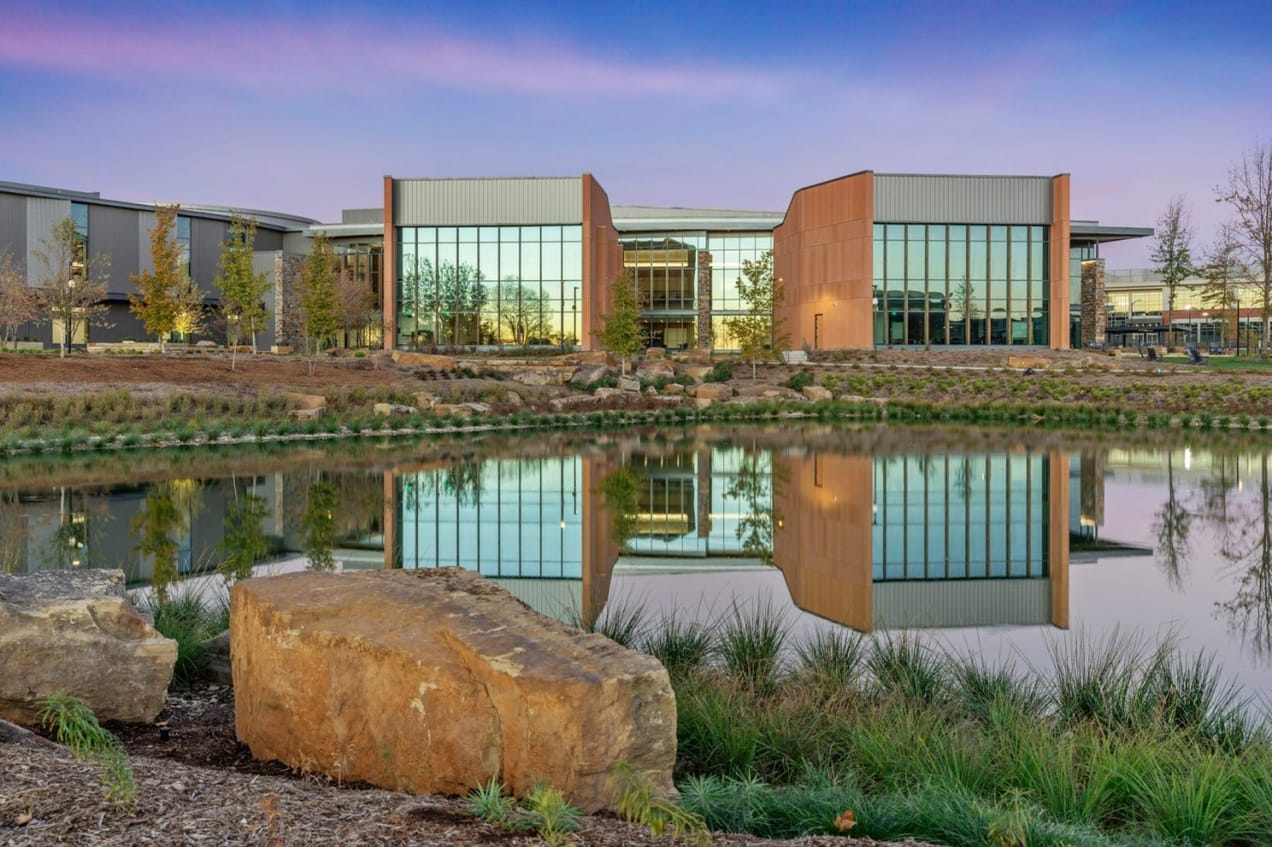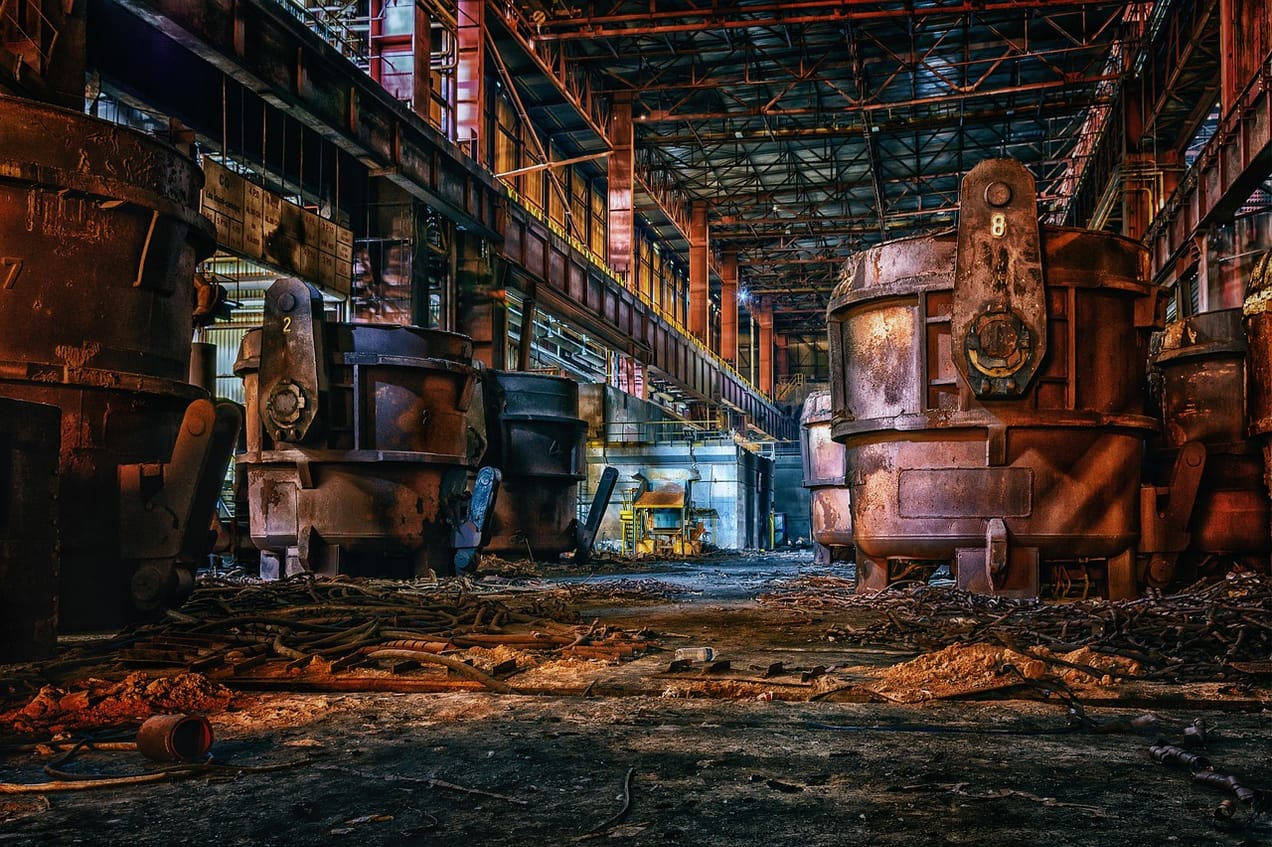Thematic Thoughts
Real world sustainability linked changes and what they might mean for companies and investors
Sunday Brunch: What if I cannot afford what I need?
We often mix up what as a society we need, with what we can afford. This is not about blocking sustainability actions. It's about identifying who needs to do what to make something actually happen. And we need to remember that not all decisions are purely financial.
Sunday Brunch: Should I worry about floods or heat stress
Based on what's in the press, we should worry more about floods and sea level rise. But, while the financial impact of floods on our society is material, the human cost of excess deaths suggests we should also worry about heat stress, as this may make regulation of building cooling more likely.
Sunday Brunch: Sustainability, creative destruction, and Nobel prizes
Hoping that incumbent companies will change can lead to disappointment. Incremental is ok, but big changes sometimes need a new entrant. Incumbents have too much to lose. So maybe our first question should be 'will the incumbents deliver the change we want or do we need creative destruction'?
Sunday Brunch: the future is not evenly distributed
It's often hard to get people to worry about the long term when the short term looks fine. This bias is a real challenge in sustainability. It can not only lead us to underestimate the financial risks, it can also lead us to misunderstand them. Global agricultural production is a great example.
Sunday Brunch: being a win/win doesn't guarantee it happens
Some phrases mean different things to different people. Win/win is one of those. Even if an action can be shown to be a win for both a company and society, there are good reasons why management might still NOT act. We need to be clear about how the win will play out when we plan engagements.
Sunday Brunch: automotive outlook - yet more challenges
It's not getting easier for many automotive companies. Sales are will likely remain below pre covid levels for some time, and margin pressure looks unlikely to abate. And EV investment needs are rising. Can we expect them to be able to fund the EV transition - or does the future lie elsewhere?
Sunday Brunch: Climate extremes, food supply & bananas
More frequent climate extremes will impact our food supplies. Arguably we are past just mitigation and well into adaptation. One crop that could be materially impacted are bananas. The possible future for banana's gives us insights into the risks and opportunities for the wider food supply chain.
Sunday Brunch: Sustainable investing - what is really in the share price?
We 'know' that a company's share price is determined by what happens in the future. And that this is where sustainability issues play their part, changing the likely course of the future. But how the share price responds depends on what investors are already expecting. Consensus matters.
Sunday Brunch: Flooding and storms are the new (expensive) normal
Climate events such as floods are now more frequent. While globally a small % of the population lives close to the coast, for some countries (including New Zealand) this figure is much higher. Analysis of the NZ situation can help us frame our response. We need to take climate adaptation seriously.
Sunday Brunch: 'Soft' factors are really important for investors
Investors know that soft factors, such as having a happy and motivated workforce, are important drivers of a company valuation. But how do we include factors such as diversity into our investment cases? The first step is to understand the linkages. Not all soft factors are financially material.
Sunday Brunch: Can timber deliver what other carbon capture technologies cannot?
The use of timber in buildings continues to grow, driven by a mixture of environmental and financial considerations. One less explored aspect is the ability of construction timber to lock up carbon for long periods. Could this be a lower cost way of delivering carbon capture & storage?
Investors must cope with uncertainty
One way that investors are different is that we deal with uncertainty. We cannot be sure what the future will bring, but as we invest we can prepare for possible future events. Companies betting on only one outcome, normally the status quo, can be risky. The steel industry is a good example of this.











